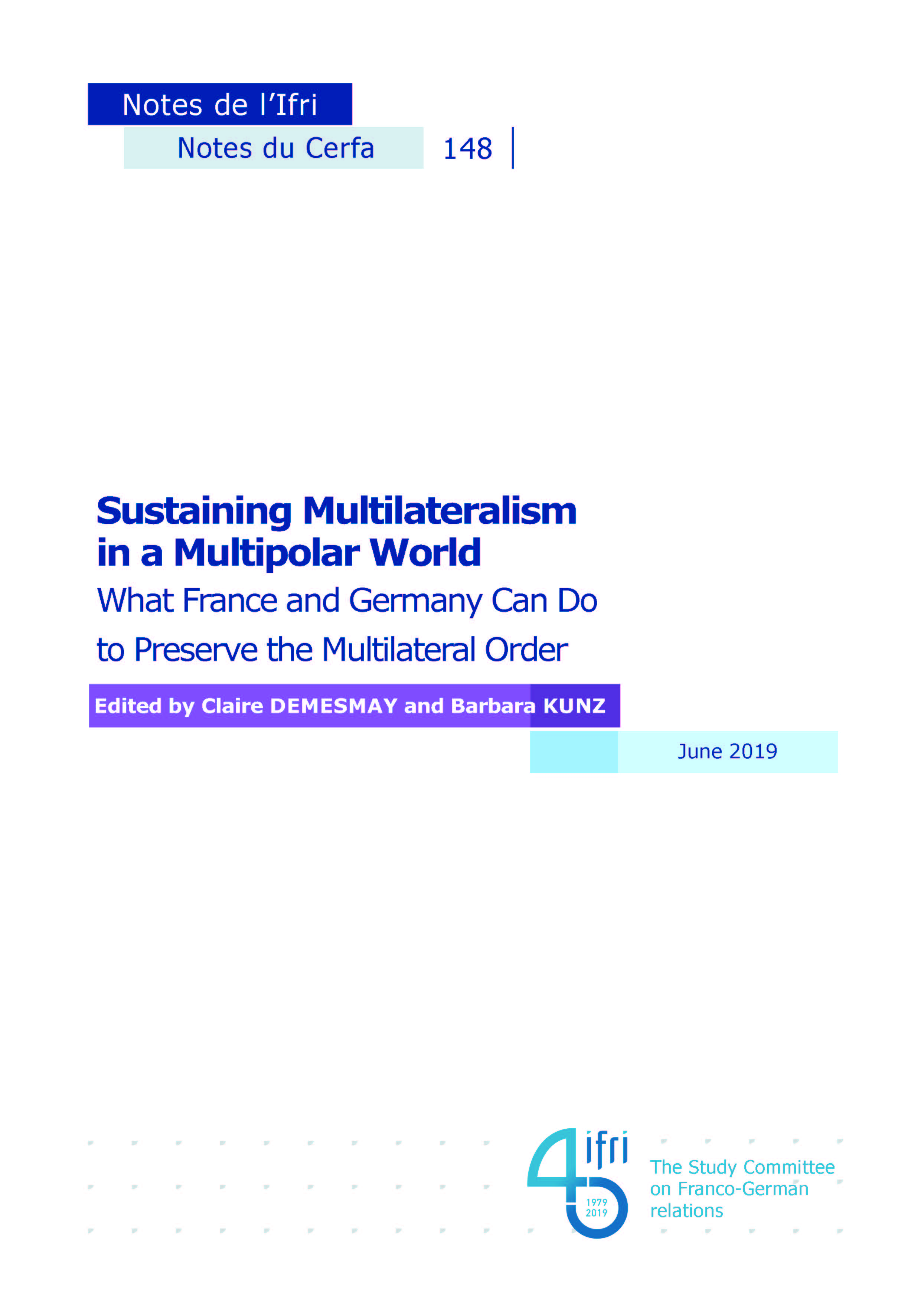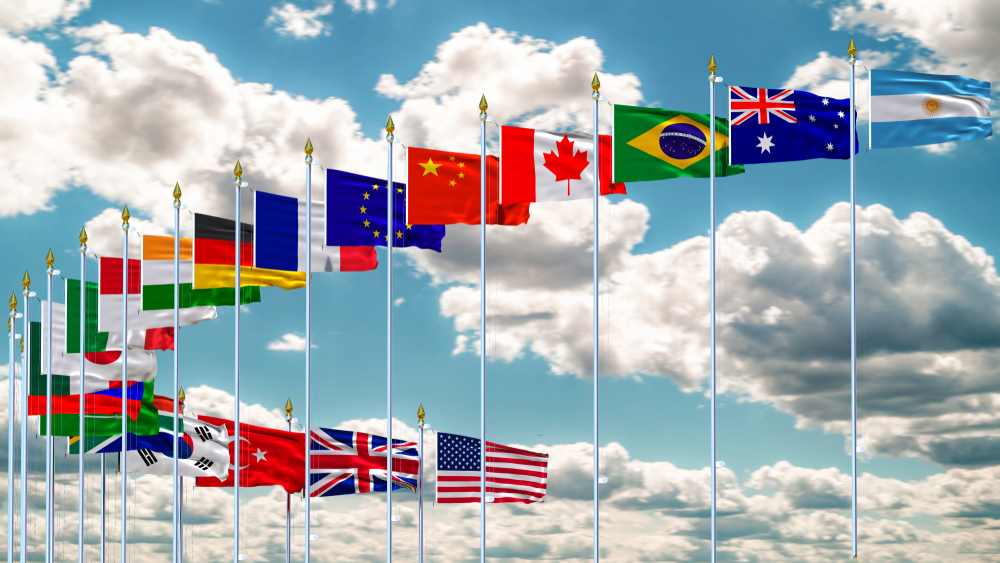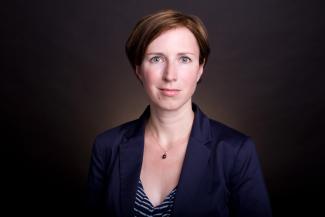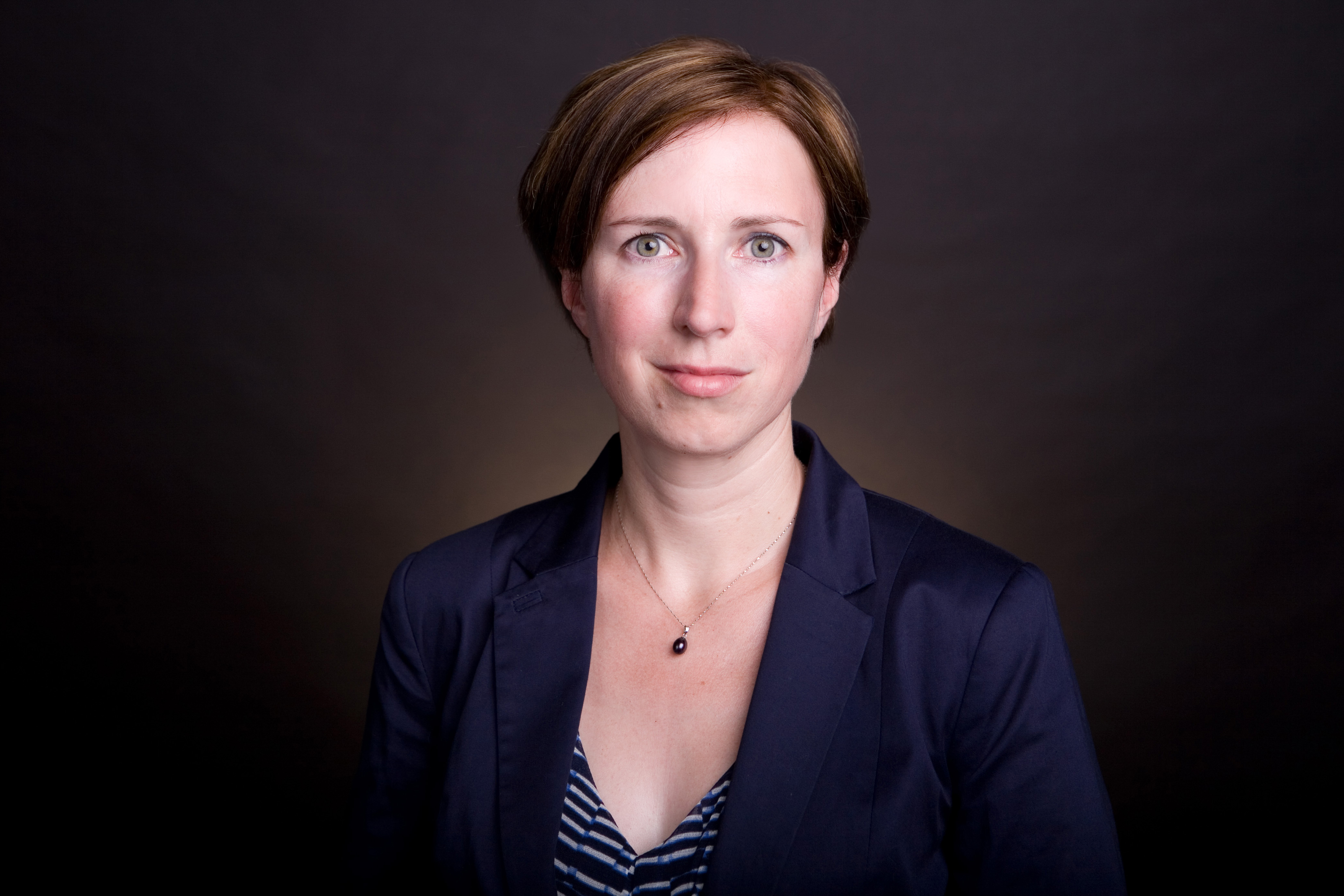Sustaining Multilateralism in a Multipolar World. What France and Germany Can Do to Preserve the Multilateral Order

While international multilateralism is under strain, it is vital for France and Germany to defend it, since it is the most appropriate system for preserving their interests – particularly in terms of welfare, security, prosperity and environmental protection. Against this backdrop, three political fields offer opportunities for joint initiatives: trade, conventional arms control and climate change.

On these issues, both governments share not only concerns, but also common positions. However, when it comes to concrete measures, they often face differences of interest that are difficult to overcome. In addition, they must also engage like-minded partners on a case-by-case basis, not only inside but also outside the EU.
This publication is composed of three case studies, exploring potential for action by Paris and Berlin:
Chapter 1 | International trade
Elvire Fabry (Jacques Delors Institute, Paris)
Claudia Schmucker (German Council on Foreign Relations - DGAP, Berlin)
Chapter 2 | Conventional Arms Control
Barbara Kunz (Study Committee for French-German Relations - Cerfa at Ifri, Paris)
Eric-André Martin (Ifri, Paris)
Wolfgang Richter (German Institute for International and Security Affairs - SWP, Berlin)
Chapter 3 | Climate
Carole Mathieu (Center for Energy at Ifri, Paris)
This paper was edited by Claire DEMESMAY (German Council on Foreign Relations - DGAP, Berlin) and Barbara KUNZ (Cerfa, Ifri, Paris).
Download the full analysis
This page contains only a summary of our work. If you would like to have access to all the information from our research on the subject, you can download the full version in PDF format.
Sustaining Multilateralism in a Multipolar World. What France and Germany Can Do to Preserve the Multilateral Order
Related centers and programs
Discover our other research centers and programsFind out more
Discover all our analysesBundeswehr: From Zeitenwende (historic turning point) to Epochenbruch (epochal shift)
The Zeitenwende (historic turning point) announced by Olaf Scholz on February 27, 2022, is shifting into high gear. Financially supported by the March 2025 reform of Germany’s “debt break” and backed by a broad political and societal consensus to strengthen and modernize the Bundeswehr, Germany's military capabilities are set to rapidly increase over the coming years. Expected to assume a central role in the defense of the European continent in the context of changing transatlantic relations, Berlin’s military-political position on the continent is being radically transformed.
Merz’ European Policy-making: The End of the ‘German Vote’?
Friedrich Merz’s European ambition is to turn Germany, long seen as hesitant into a leading actor within the European Union (EU). To that end, he has pledged to end the “German vote,” a phenomenon that epitomizes the paradox of a country both indispensable and frequently absent from European decision-making.

Securing critical raw material (CRM) value chains – a prerequisite for Europe’s technological resilience
At the heart of economic security, technological resilience is a backbone of the European Union’s (EU) competitiveness. The EU’s energy and digital transitions depend on critical raw materials (CRM).

Reconciling competitiveness and demographic change: a Franco-German imperative
France and Germany are facing parallel demographic shifts that could reshape the future of their economies and their social models. These shifts reflect broader European patterns but are magnified by the central role both nations play in EU governance and competitiveness.











